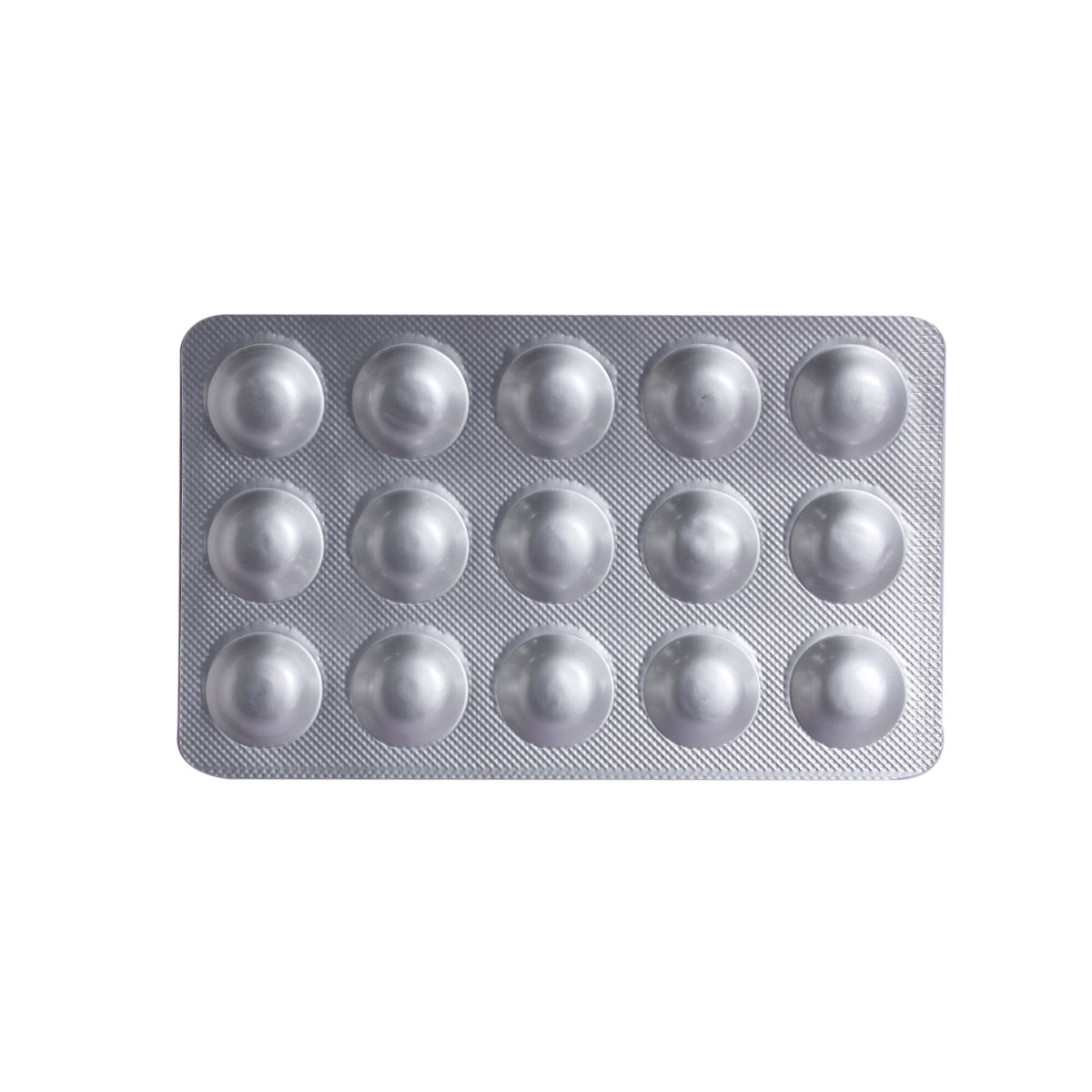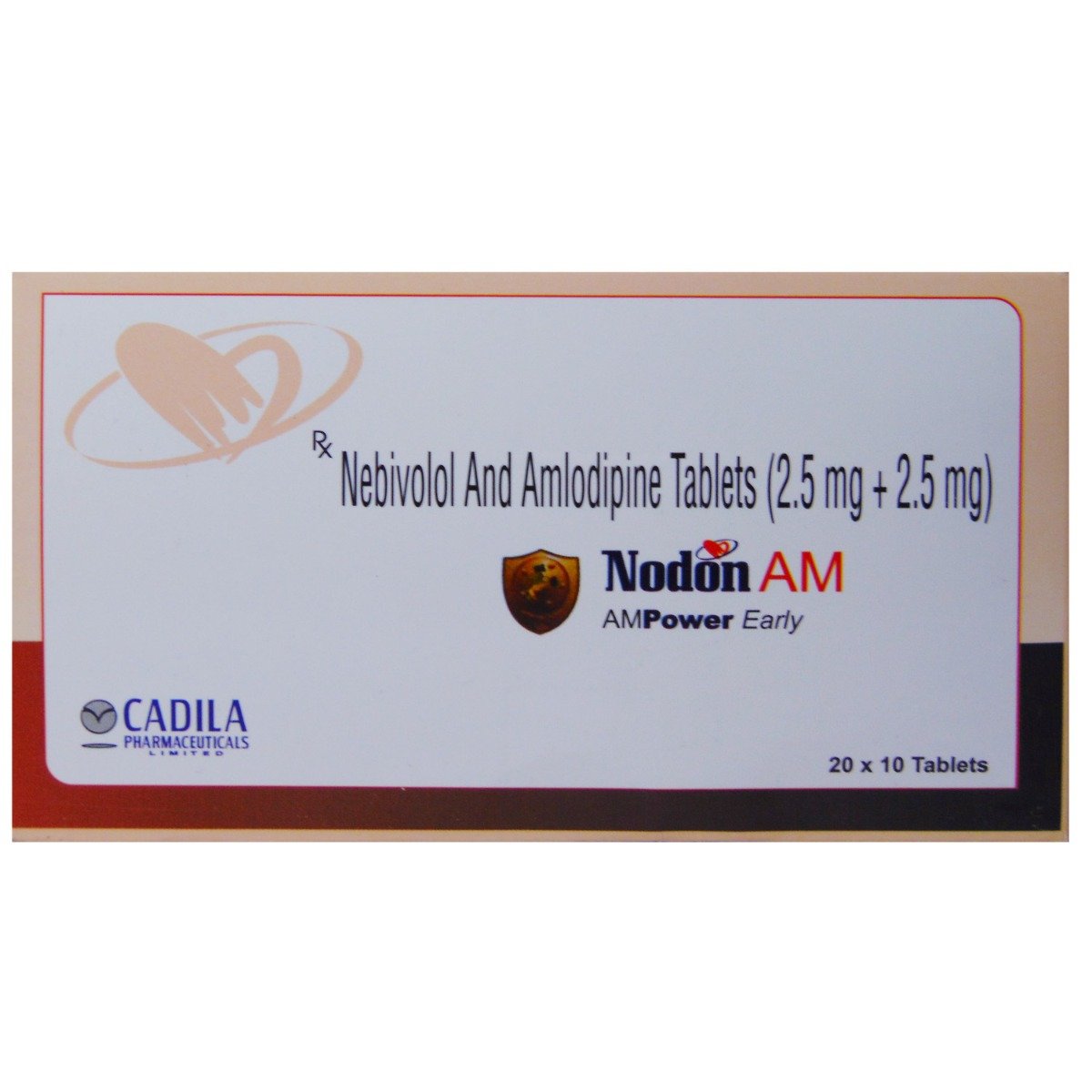Nebivolol+amlodipine
About Nebivolol+amlodipine
Nebivolol+amlodipine is a combination of blood pressure-lowering medicine, primarily used to treat high blood pressure. Nebivolol+amlodipine contains Amlodipine (calcium channel blocker) and Nebivolol (beta-blocker) which collectively lower blood pressure. Hypertension or high blood pressure is a chronic condition in which the force exerted by the blood against the artery wall is high. As a result, it leads to heart diseases, irregular heartbeat, and other complications.
Nebivolol+amlodipine contains Amlodipine (calcium channel blocker) and Nebivolol (beta-blocker), primarily used to treat high blood pressure. Amlodipine works by relaxing the blood vessels. Nebivolol acts by relaxing and widening the blood vessels making it easier for the heart to pump blood to all parts of the body. This lowers your blood pressure and helps in reducing your risk of having a stroke, a heart attack, other heart problems, or kidney problems in the future. This medicine needs to be taken regularly to be effective.
Take Nebivolol+amlodipine as prescribed by your doctor. You are advised to take Nebivolol+amlodipine for as long as your doctor has prescribed it for you, depending upon your medical condition. Preferably take it after a meal to avoid an upset stomach. In some cases, you may experience headaches, feeling exhausted, cold extremities, ankle swelling, slow heart rate, constipation, tiredness. Most of these side effects of Nebivolol+amlodipine do not require medical attention and gradually resolve over time. However, if the side effects are persistent, reach out to your doctor.
It is advisable to drink plenty of fluids while taking this medicine to overcome muscle weakness, dry mouth, and extreme thirst. Do not take grapefruit or grapefruit juices with Nebivolol+amlodipine as it can increase the concentration of Nebivolol+amlodipine and worsen its side effects. Please inform your doctor if you have had an allergic reaction to Nebivolol+amlodipine, are pregnant or planning to get pregnant, are breastfeeding, have liver disease or kidney disease, heart failure, diabetes, a heart valve problem, or heart attack. Reducing the amount of table salt (sodium chloride) in your food often relieves the swelling of the body. Nebivolol+amlodipine is prescribed to adults and children more than six years of age.
Uses of Nebivolol+amlodipine
Medicinal Benefits
Nebivolol+amlodipine is a combination of blood pressure-lowering medicine, contains Amlodipine (calcium channel blocker) and Nebivolol (beta-blocker), primarily used to treat high blood pressure. Amlodipine works by relaxing the blood vessels. Nebivolol acts by relaxing and widening the blood vessels, making it easier for the heart to pump blood to all parts of the body. This lowers your blood pressure and reduces your risk of having a stroke, a heart attack, other heart problems, or kidney problems in the future. This medicine needs to be taken regularly to be effective.
Directions for Use
Storage
Side Effects of Nebivolol+amlodipine
- Headaches
- Feeling exhausted
- Cold extremities
- Ankle swelling
- Slow heart rate
- Constipation
- Tiredness
Drug Warnings
Don't stop taking Nebivolol+amlodipine without talking to your doctor first. Stopping Nebivolol+amlodipine abruptly may cause changes in your heart rhythm and blood pressure, cause chest pain, or a heart attack. Your doctor will lower your dose gradually over a period of time to help prevent these symptoms. You should not use Nebivolol+amlodipine if you have a very slow heartbeat, asthma, serious heart condition (sick sinus syndrome), or any heart blockage. It should not be given to children less than 12 years of age. Before taking Nebivolol+amlodipine you should tell the doctor if you have any muscle disorder (myasthenia gravis, rhabdomyolysis), breathing problem (COPD, bronchitis, emphysema), low blood sugar level (hypoglycemia), low blood pressure (hypotension), depression, previous heart failure, liver/kidney disease, thyroid hormone disorder, adrenal gland cancer, or problems with circulation (Raynaud’s syndrome).
Drug Interactions
Drug-Drug Interaction: Nebivolol+amlodipine may have interaction with other beta-blockers (atenolol, bisoprolol, carteolol, esmolol, metoprolol, or sotalol), other anti-hypertensive drugs (aliskiren, amiloride, enalapril, captopril, quinapril, diltiazem), asthma medications (theophylline, aminophylline), potassium-rich supplements, pain killers (ibuprofen, aspirin), medicines to treat anxiety disorder (alprazolam and diazepam).
Drug-Food Interaction: Nebivolol+amlodipine is known to interact with grapefruit and protein-enriched foods. Using Nebivolol+amlodipine together with ayurvedic, homoeopathy, Unani, herbal supplements, or any other OTC items may decrease the effects of Nebivolol+amlodipine. Hence, it is better to maintain at least 2 hours gap between the administration of Nebivolol+amlodipine and these products.
Drug-Disease Interaction: Nebivolol+amlodipine may have interactions with diabetes, liver impairment, high cholesterol, hyperthyroidism, psoriasis, kidney impairment, asthma, heart problems such as bradyarrhythmia, cardiogenic shock, low blood pressure, fast heart rate, ischemic heart disease, and congestive heart failure.
Drug-Drug Interactions Checker List:
Safety Advice

Alcohol
cautionYou are recommended not to consume alcohol along with Nebivolol+amlodipine to avoid unpleasant side-effects.

Pregnancy
cautionIt is advised to consult your doctor if you plan to conceive or are already pregnant before starting Nebivolol+amlodipine.

Breast Feeding
cautionPlease consult your doctor before taking Nebivolol+amlodipine if you are breastfeeding; your doctor will prescribe you Nebivolol+amlodipine only if the benefits outweigh the risks.

Driving
cautionNebivolol+amlodipine may cause dizziness and weakness, do not drive or operate heavy machinery if you feel dizzy.

Liver
cautionNebivolol+amlodipine to be taken with caution, especially if you have a history of liver diseases/conditions. The dose may have to be adjusted by your doctor.

Kidney
cautionNebivolol+amlodipine to be taken with caution, especially if you have a history of kidney diseases/conditions. The dose may have to be adjusted by your doctor.

Children
cautionNebivolol+amlodipine should not be used by children, as the efficacy and safety have not been established.
Habit Forming
Diet & Lifestyle Advise
- Keep your weight under control with BMI (Body Mass Index) 19.5-24.9.
- Do regular physical activity or exercise for at least 150 minutes per week, or about 30 minutes most days of the week. Doing this can help you to lower your raised blood pressure by about 5 mm of Hg.
- Opt for a diet rich in whole grains, fruits, veggies, and low-fat dairy products.
- If you are taking alcohol, then only one serving for women and two servings is advisable.
- Quitting smoking is the best strategy to lower the risk of heart disease.
- Avoid chronic stress, as it can raise your blood pressure. Try to enjoy and spend time with your loved ones to cope with stress and practice mindfulness techniques.
- Monitor your blood pressure daily and if there is too much fluctuation, then immediately contact your doctor.
- Try to include heart-healthy omega-3 fatty acids containing food drinks in your daily diet. You can also use low-fat cooking oil like olive oil, soybean oil, canola oil, and coconut oil can help in lowering your elevated blood pressure.
Special Advise
- Regularly monitor blood pressure levels to prevent hypotension (low blood pressure).
- Get up slowly while rising from lying or sitting position as Nebivolol+amlodipine may cause dizziness.
- Keep your doctor informed about your health/disease conditions and the medicines you are taking.
- To treat your condition effectually, continue taking Nebivolol+amlodipine for as long as your doctor has prescribed it. Try not to stop taking it on your own as it may suddenly increase blood pressure, chest pain, or heart attack.
- Your doctor may advise you to get a regular kidney function test and potassium levels in the body while taking Nebivolol+amlodipine.
Patients Concern
Disease/Condition Glossary
Hypertension: It is a chronic condition when blood pressure is too high. This condition can lead to hardened arteries (blood vessels), decreasing the blood and oxygen flow to the heart. Blood pressure is the measurement of the force that our heart uses to pump blood to all parts of the body. Raised blood pressure can cause chest pain (angina) and heart attack (when blood supply to the heart is blocked). Additionally, high blood pressure also causes brain damage (stroke) and kidney failure. High blood pressure can be diagnosed with the help of a blood pressure monitor or sphygmomanometer. Systolic pressure is the pressure when the heart pumps blood out. On the other hand, diastolic pressure is the pressure when your heart is at the resting stage between heartbeats. If your blood pressure is 140/90 mm of Hg, it means the systolic pressure is 140 mm of Hg, and diastolic pressure is 90 mm of Hg. Ideal blood pressure should be between 90/60 mm of Hg and 120/80 mm of Hg.
FAQs
Nebivolol+amlodipine contains Amlodipine (calcium channel blocker) and Nebivolol (beta-blocker); primarily used to treat high blood pressure. Amlodipine works by relaxing the blood vessels. Nebivolol acts by relaxing and widening the blood vessels making it easier for the heart to pump blood to all parts of the body. This lowers your blood pressure and helps in reducing your risk of having a stroke, a heart attack, other heart problems, or kidney problems in the future.
Your doctor may probably tell you to stop taking Nebivolol+amlodipine as it lowers blood pressure (hypotension) when combined with general anaesthesia before surgery. So, please inform your doctor before surgery if you are taking Nebivolol+amlodipine.
Yes, Nebivolol+amlodipine is known to cause ankle swelling. Please try to keep your feet up when sitting for long hours. If the problem persists still, consult your doctor and do as advised.
If you have diabetes, you should monitor your blood glucose levels often as Nebivolol+amlodipine might mask hypoglycemia symptoms (low glucose levels). However, please consult your doctor before taking Nebivolol+amlodipine if you have diabetes.
If you have hyperthyroidism (overactive thyroid), you should monitor your condition regularly as Nebivolol+amlodipine might mask hyperthyroidism symptoms such as abnormally fast heart rate. However, please consult your doctor before taking Nebivolol+amlodipine if you have hyperthyroidism.
Do not overdose on Nebivolol+amlodipine or any medicine, which could lead to very unpleasant side effects. Take Nebivolol+amlodipine only as prescribed by your doctor. An overdose of Nebivolol+amlodipine can cause a very slow heartbeat, low blood pressure, breathlessness, and acute heart failure. Rush to your nearest doctor as early as possible if you have overdosed on Nebivolol+amlodipine.







